In the context of the world entering a fierce 'chip war', Vietnam has emerged as one of the countries taking the most drastic steps towards semiconductor technology autonomy. This is not only a strategic choice, but also an inevitable requirement to ensure economic and technological security in the digital age.
Vietnam has put semiconductors in the priority industrial group, while promoting the construction of a supply chain from research, design to production and application. Not only stopping at policies, a series of domestic universities, research institutes and enterprises are also 'sprinting' to train high-quality human resources, cooperating with the world's leading technology corporations.
The 'aggressive' pursuit of the goal of semiconductor chip self-sufficiency shows that Vietnam does not want to stay out of the global game, where each chip is not only a technological product, but also a symbol of national strength.
In that context, the issue of ensuring security and autonomy in Vietnam's chip manufacturing technology is increasingly focused on, especially when the national digital transformation process is taking place strongly.
Vietnam needs to be self-sufficient in semiconductor chip production
Speaking at the scientific workshop "Ensuring security and autonomy of Vietnam's chip manufacturing technology in the process of national digital transformation" on August 22 in Hanoi, Associate Professor, Dr. Thai Truyen Dai Chan - member of the CT Group Scientific Council emphasized that the chip competition is not simply commercial, but a geopolitical war.
"Whoever controls semiconductors will control most of the technological power in the future," asserted Thai Truyen Dai Chan.
According to him, if a country cannot master integrated circuits, the risk will be very high. Economically, just one fluctuation in the global supply chain such as an epidemic or trade tension can paralyze a series of manufacturing industries, directly affecting GDP, employment and social stability.
In terms of national security, radar systems, satellites, UAVs, and high-precision weapons all require semiconductors. If the supply is interrupted, defense capabilities will be compromised. More worryingly, imported chips can be equipped with "security holes" (backdoors) that threaten national sovereignty.
According to Colonel, Dr. Le Hai Trieu - Director of the Institute of Professional Electronic Engineering, Department of Security Industry (Ministry of Public Security), some domestic enterprises have done well in designing microchips. However, production still has to be carried out abroad, leading to great risks in both cost and security. "When we do not master production, we lose autonomy and that is directly related to national security," Mr. Trieu commented.
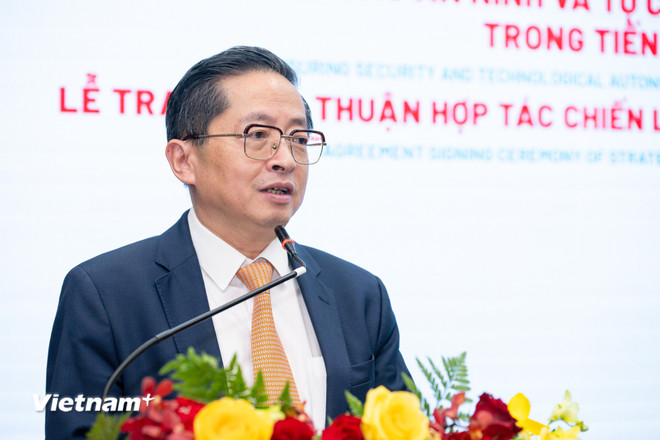
Sharing the same view, Mr. Tran Kim Chung - Chairman of the Board of Directors of CT Group warned that if Vietnam cannot be self-sufficient in production, it may lose national data and initiative in emergency situations. According to him, it is necessary to master all core technologies, from design, production to commercialization of semiconductor chips. "We need to create 'Made by Vietnam' products to serve people's lives, national defense, security and participate in fair competition in the international market," Mr. Chung said.
Need a realistic and selective roadmap
Experts at the workshop also agreed that it would be difficult for Vietnam to compete in the ultra-advanced semiconductor segment, where investment capital of tens of billions of USD and decades of accumulated experience are needed. Instead, the roadmap needs to be realistic and selective.
Experts emphasized that Vietnam can focus on areas that are suitable for its domestic capacity and demand, such as low- and medium-power microchips for IoT (Internet of Things), sensors, smart devices, and 6G infrastructure, which have large markets and are suitable for current capacity.
Businesses can focus on security circuits, serving e-government, defense, UAVs (unmanned transport aircraft) and smart identification - where Vietnam has strengths thanks to cybersecurity research.
Or we can focus on dedicated circuits (ASIC/FPGA) for smart transportation, AI (artificial intelligence) at the edge and defense applications. Focus on energy and electric vehicle ICs, such as battery management, motor control, energy conversion, in line with the green industry development orientation.
Dr. Le Hai Trieu shared that Vietnam should not aim for advanced processes such as 2nm, 3nm, or 5nm, or even 14nm, 16nm or 28nm from the beginning for reasons such as: too high investment costs, high technical requirements and limited market.
Dr. Le Hai Trieu also emphasized that the chips used for ID cards and passports in Vietnam are currently using the 40nm process - a chip line that accounts for 95% of the global market share and will be used for at least 20-25 years. This is a segment that domestic enterprises can fully focus on exploiting.

Chip development cannot be separated from the connection between researchers, technology enterprises and policy makers. Currently, the Ministry of Public Security has developed a project "Building a security industry in the era of national development and growth" with the goal of mastering a number of chip technologies, semiconductor microcircuits, robots, automation, biology, chemistry, advanced materials and security technology by 2030.
In particular, the Institute of Professional Electronic Engineering (Department of Security Industry) was assigned to preside over the development of the project "Research, development and technology transfer to master semiconductor microchip technology to ensure national defense and security" to submit to the Prime Minister in 2025.
According to Mr. Tran Kim Chung's experience, designing a normal chip takes about 2 years. With chips serving digital transformation, the process is even more complicated from research, design, photolithography, testing to packaging. If deployed simultaneously from now, Vietnam will have products by 2027 at the earliest. He proposed that the Ministry of Public Security and the Ministry of National Defense clearly identify the chip lines that need to be developed domestically, so that businesses and universities can make efforts to research and meet them.
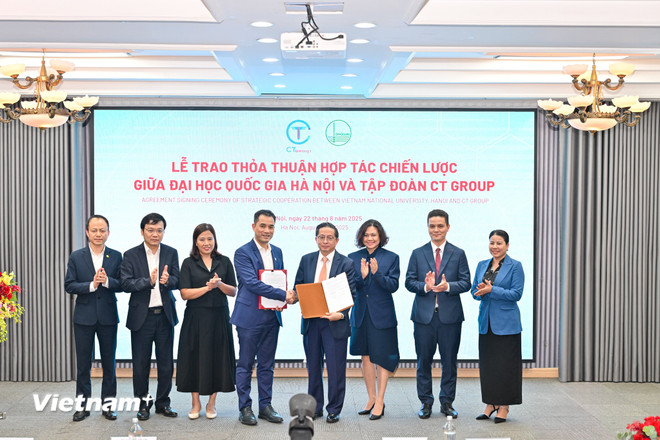
Mr. Chung also proposed that Hanoi National University and CT Group could cooperate with security and defense agencies to jointly research and develop standard products based on various types of chips. With strengths in circuit boards, sensors, and UAVs, the group is ready to participate in meeting market needs.
Today, chips are not only technological products, but also a factor that constitutes national sovereignty. A country that cannot master integrated circuits will face the risk of falling behind, being dependent and passive in the face of global fluctuations. With a focused strategy and long-term investment, Vietnam can completely become self-sufficient in key segments, thereby ensuring technological security and enhancing its position in the global value chain./.
Source: https://www.vietnamplus.vn/viec-tu-chu-chip-tai-viet-nam-can-mot-lo-trinh-thuc-te-va-co-chon-loc-post1057334.vnp





![[Photo] President Luong Cuong receives delegation of the Youth Committee of the Liberal Democratic Party of Japan](https://vstatic.vietnam.vn/vietnam/resource/IMAGE/2025/8/22/2632d7f5cf4f4a8e90ce5f5e1989194a)

![[Photo] Prime Minister Pham Minh Chinh chairs the conference to review the 2024-2025 school year and deploy tasks for the 2025-2026 school year.](https://vstatic.vietnam.vn/vietnam/resource/IMAGE/2025/8/22/2ca5ed79ce6a46a1ac7706a42cefafae)
![[Photo] President Luong Cuong attends special political-artistic television show "Golden Opportunity"](https://vstatic.vietnam.vn/vietnam/resource/IMAGE/2025/8/22/44ca13c28fa7476796f9aa3618ff74c4)
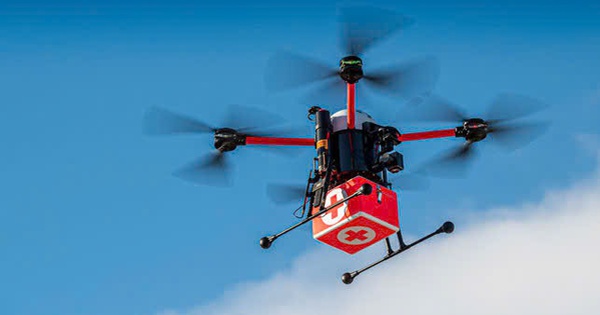



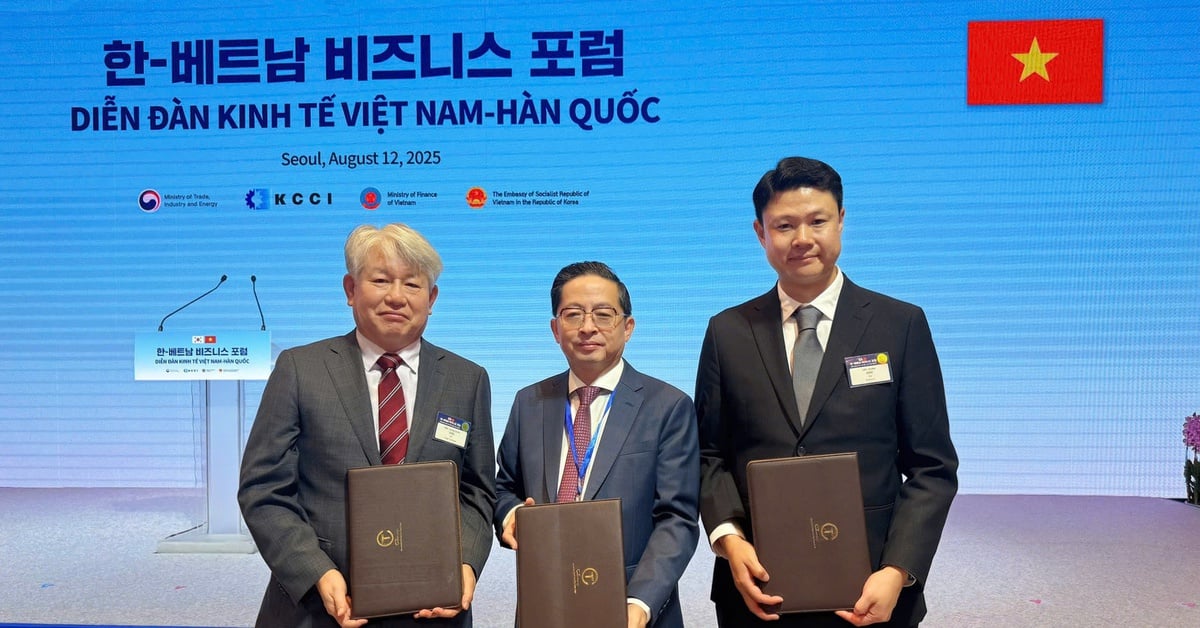


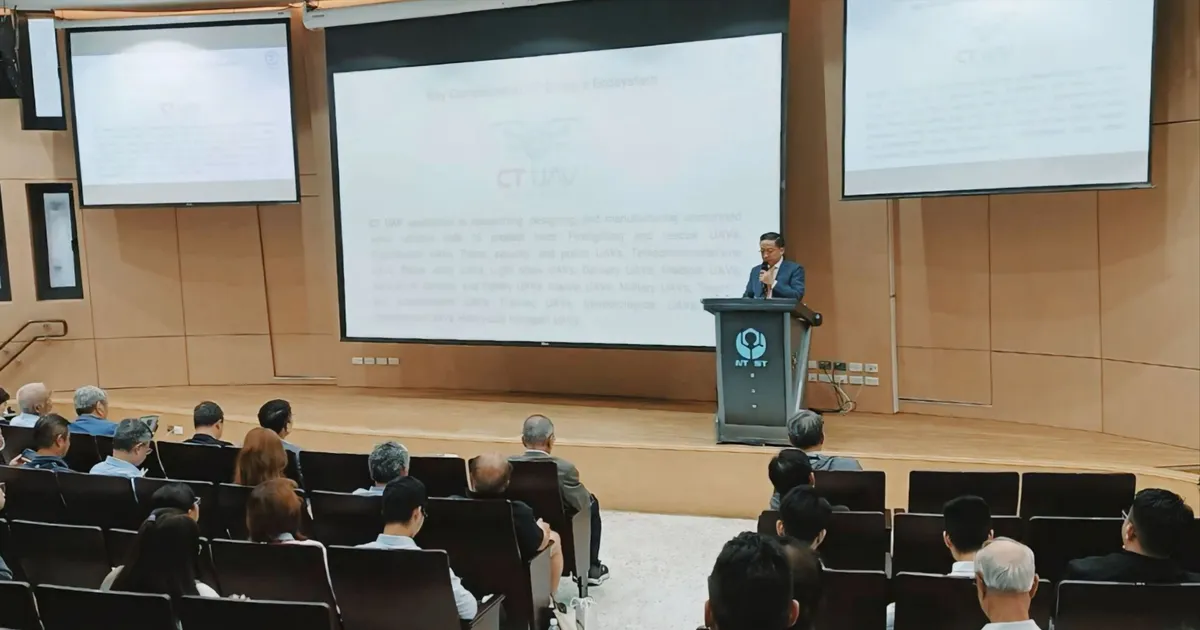

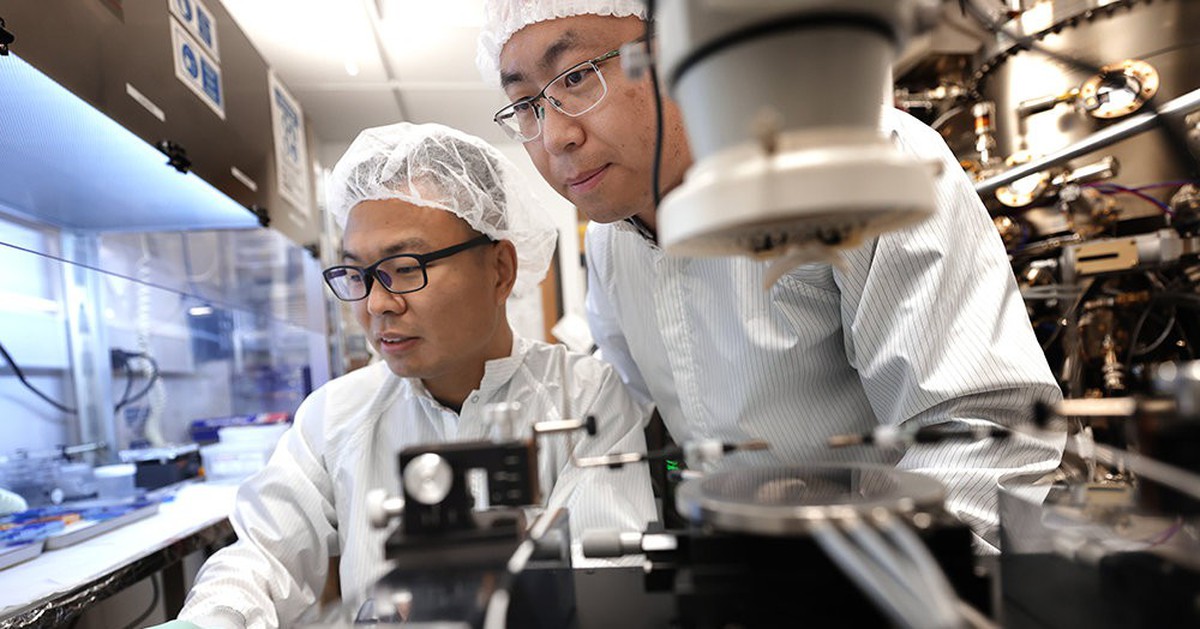



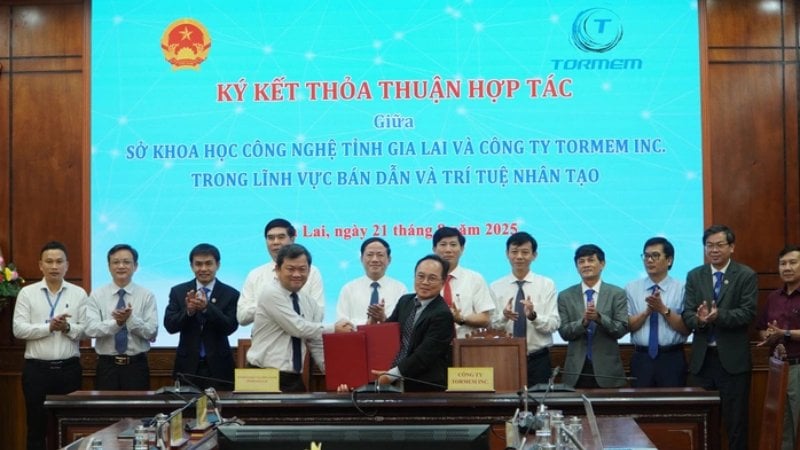
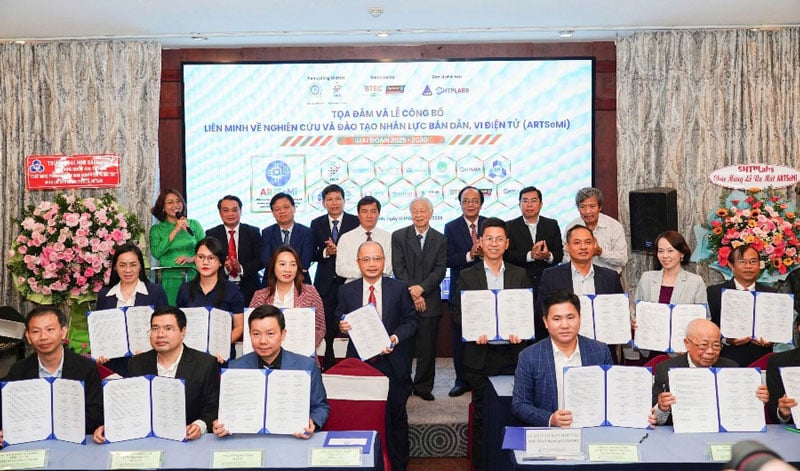








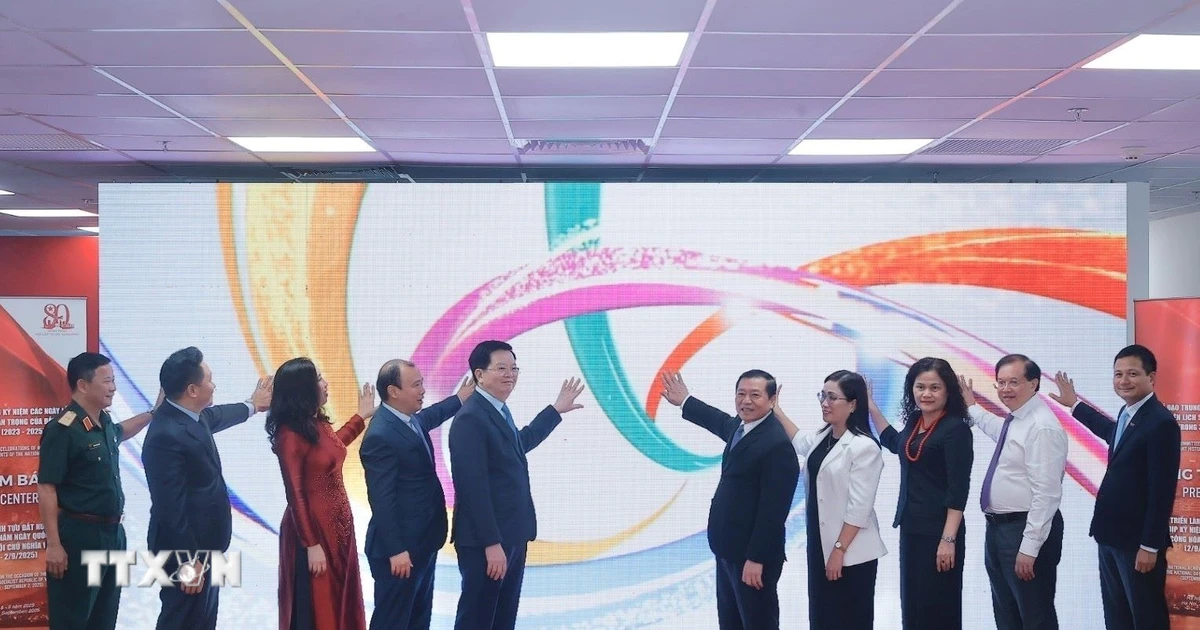





































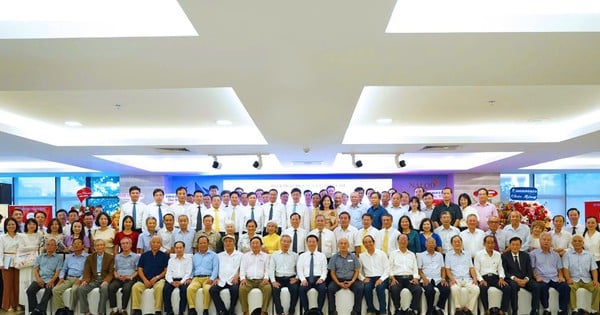

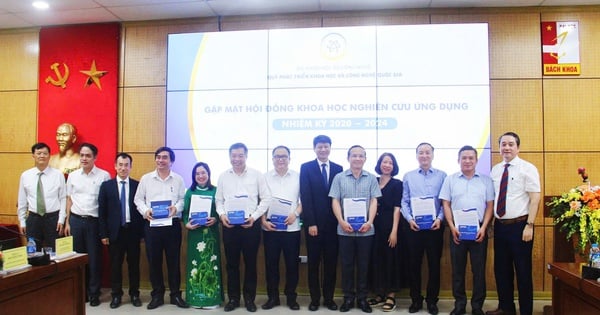









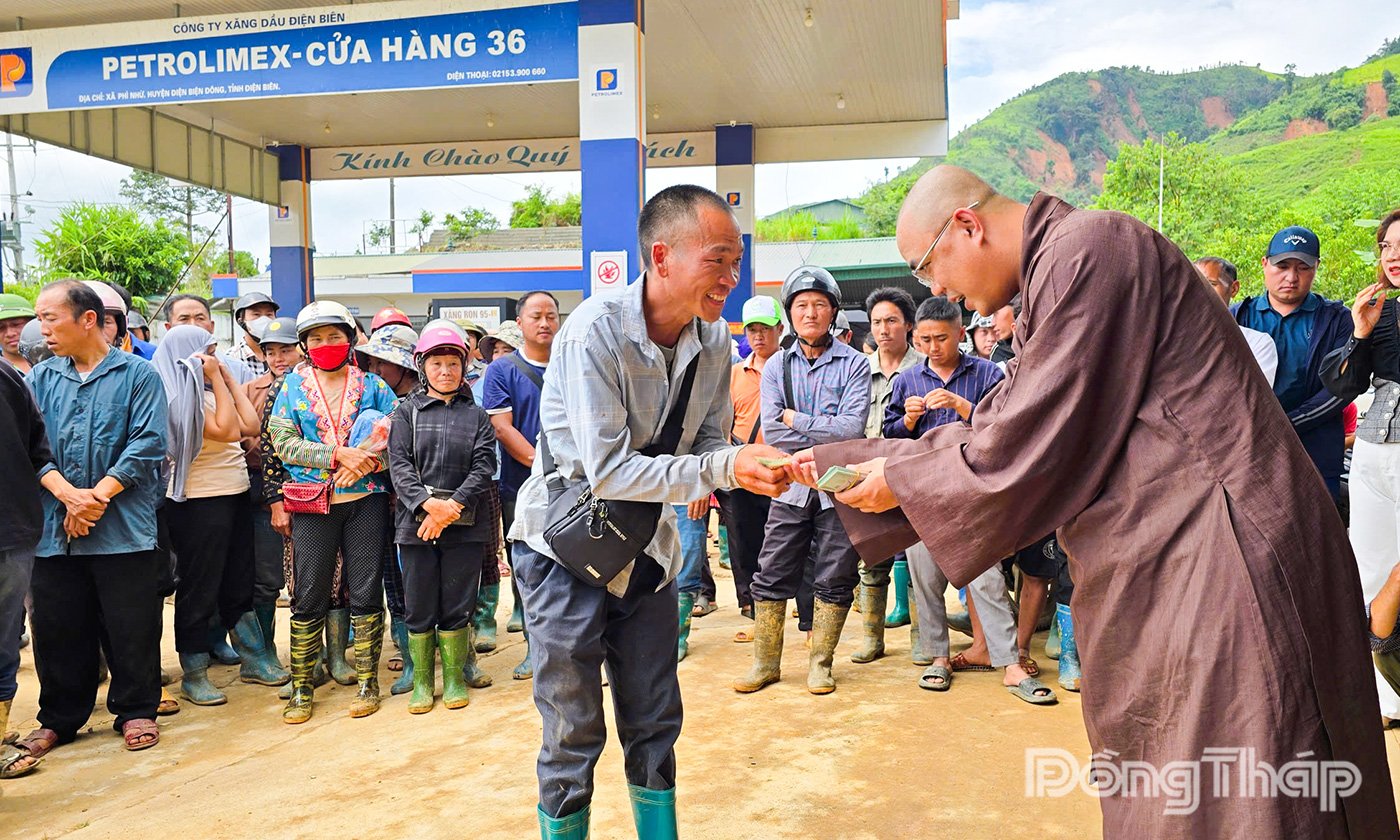





















Comment (0)